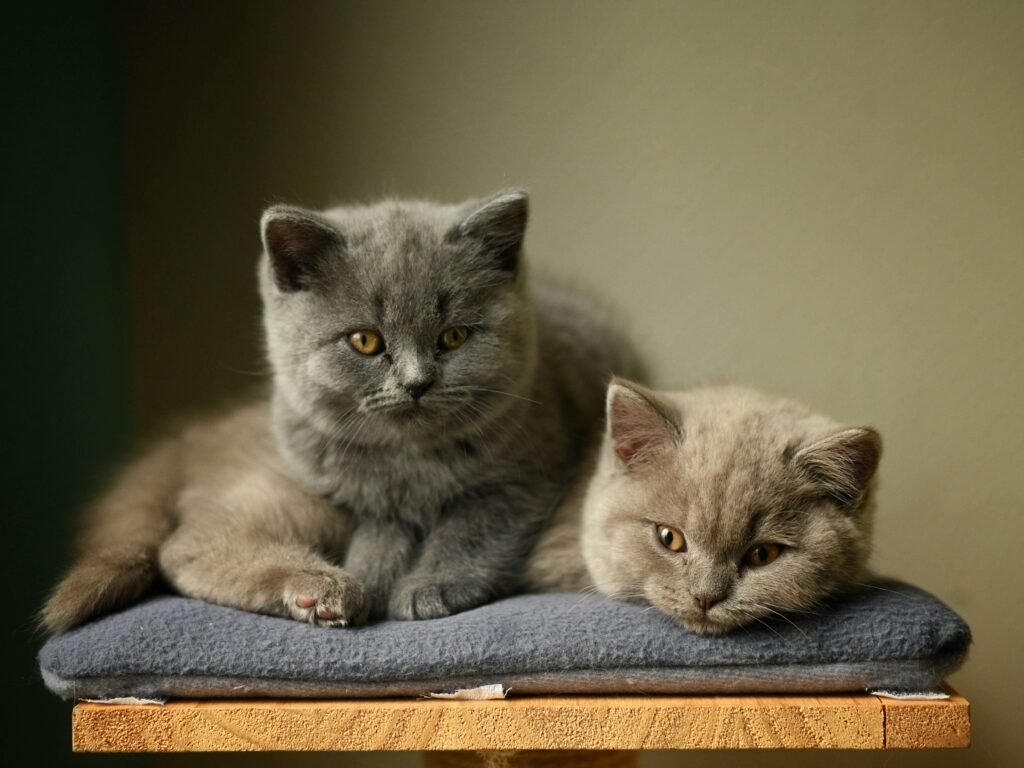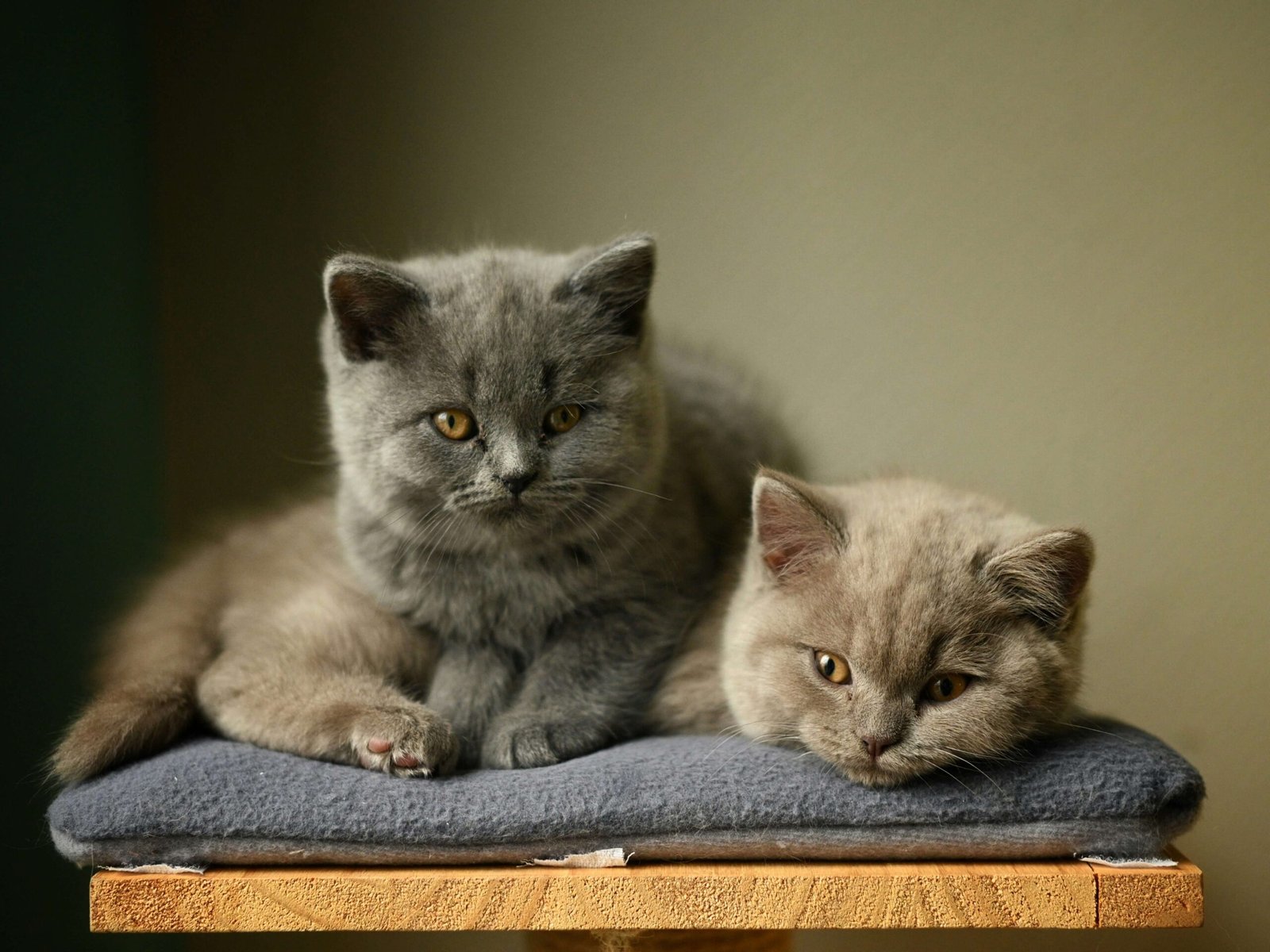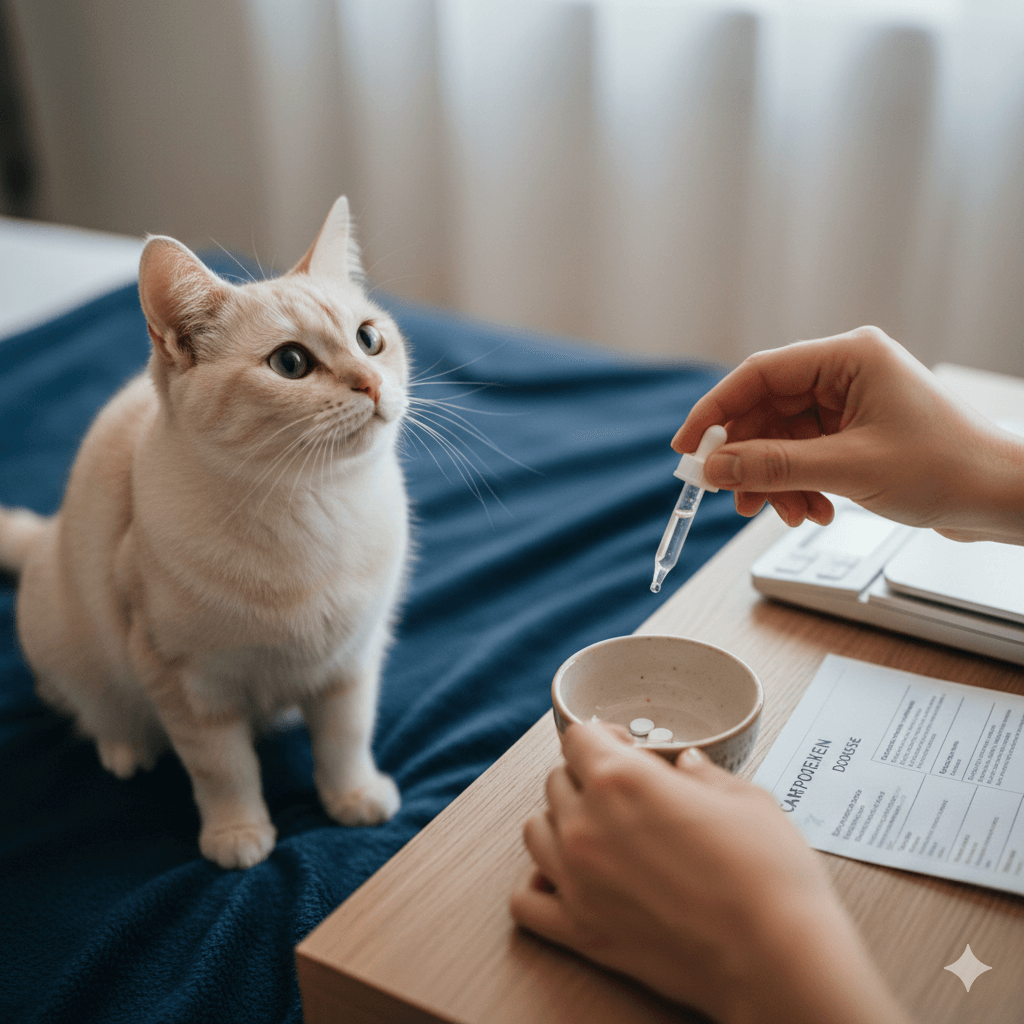British Shorthair Cat Price: Best 7 Expert Tips!
If you’ve ever encountered a British Shorthair cat, you already know why they are one of the most beloved feline breeds worldwide. With their plush coats, round faces, and endearing personalities, these cats are not just pets—they’re companions that bring joy to any home. But if you’re considering adding a British Shorthair to your family, one of the first questions that likely comes to mind is, “How much does a British Shorthair cat cost?” Understanding the price range involves more than just looking at numbers—it’s about appreciating the value behind this remarkable breed. From lineage and quality to health and care, let’s unravel what contributes to the cost of owning a British Shorthair.
Factors Influencing the Price of a British Shorthair Cat
When it comes to determining the price of a British Shorthair, several factors come into play. Below is a breakdown of the key elements that influence how much you might expect to pay for one of these charming felines:
Pedigree and Lineage
A cat with a prestigious pedigree or champion bloodline will typically cost more due to its breeding history and potential for show-quality traits.Breeder Reputation
Reputable breeders who prioritize ethical practices, health screenings, and proper socialization often charge higher prices. However, this investment ensures a healthier and well-adjusted kitten.Coat Color and Pattern
Certain coat colors and patterns, such as blue-gray or rare shades like silver tabby, can command higher prices due to their popularity or rarity.Age of the Cat
Kittens are generally more expensive than adult cats because they require early socialization and have longer lifespans ahead of them.Geographic Location
The region where you purchase your British Shorthair also affects the price. Urban areas and regions with high demand may see inflated costs compared to rural locations.
Each of these factors plays a role in shaping the final cost of a British Shorthair. By understanding what drives the price, you can make an informed decision when choosing your new furry friend.
Average Price Range for British Shorthair Cats
The cost of a British Shorthair can vary significantly depending on several variables. Here’s a closer look at the typical price ranges you might encounter when searching for your perfect companion:
Pet Quality Kittens
These kittens are healthy and loving but may not meet the strict standards required for breeding or showing. Prices usually range from £500 to £1,000.Show Quality Kittens
Show-quality kittens exhibit exceptional traits and conform closely to breed standards. Expect to pay between £1,000 and £2,000 for these elite felines.Adult Cats
Adult British Shorthairs are often less expensive than kittens, with prices starting around £300 to £800, depending on their background and condition.Rescue or Adoption Fees
Adopting a British Shorthair from a rescue organization is a budget-friendly option, with fees ranging from £50 to £200.Rare Colors and Patterns
Cats with unique or uncommon coat variations can fetch premium prices, sometimes exceeding £2,500.
Understanding these price brackets can help you set realistic expectations and plan accordingly for your new addition.
Check this guide 👉Ragamuffin Cats Price: Best 7 Expert Tips!
Check this guide 👉Ashera Cat Price: Best 7 Expert Tips!
Check this guide 👉Munchkin Cat Price: Best 7 Expert Tips!

Category | Details |
|---|---|
Pedigree | Champion bloodlines increase value |
Coat Color | Rare colors cost more |
Age | Kittens are pricier than adults |
Breeder Reputation | Ethical breeders charge higher fees |
Adoption vs. Purchase | Rescue fees are lower than breeder prices |
Additional Costs Beyond the Initial Purchase
While the upfront cost of a British Shorthair is important, there are other expenses to consider before bringing your new pet home. These ongoing costs ensure your cat remains happy, healthy, and well-cared-for throughout its life:
Veterinary Care
Routine check-ups, vaccinations, and potential emergency treatments are essential investments in your cat’s long-term health.Food and Nutrition
High-quality food tailored to your British Shorthair’s needs can be costly but is vital for maintaining optimal health.Grooming Supplies
Though low-maintenance, British Shorthairs still benefit from regular brushing and nail trimming, requiring basic grooming tools.Toys and Enrichment
Interactive toys and scratching posts keep your cat entertained and mentally stimulated, preventing boredom-related behaviors.Insurance Plans
Pet insurance can provide peace of mind by covering unexpected medical expenses, though premiums vary based on coverage levels.
Considering these additional costs ensures you’re fully prepared for the financial commitment of owning a British Shorthair.
Tips for Finding a Reputable Breeder
Choosing the right breeder is crucial for ensuring you bring home a healthy and well-socialized British Shorthair. Here are some tips to guide you through the process:
Research Thoroughly
Look for breeders who specialize in British Shorthairs and have positive reviews or recommendations from previous buyers.Visit the Facility
A trustworthy breeder will welcome you to visit their cattery to see the living conditions and meet the kittens’ parents.Ask About Health Testing
Ensure the breeder conducts health screenings for genetic conditions common in the breed, such as hypertrophic cardiomyopathy (HCM).Observe Socialization Practices
Kittens raised in a home environment with plenty of human interaction tend to adapt better to new families.Request Documentation
A reputable breeder will provide detailed records of vaccinations, deworming, and any relevant certifications.
Taking the time to find a responsible breeder sets the foundation for a rewarding relationship with your British Shorthair.
Common Health Considerations for British Shorthair Cats
While British Shorthairs are generally a robust and healthy breed, there are certain health conditions to be aware of before bringing one into your home. Being informed about these potential issues can help you take proactive steps to ensure your cat’s well-being:
Hypertrophic Cardiomyopathy (HCM)
This is a common heart condition in British Shorthairs, characterized by the thickening of the heart muscle. Regular vet check-ups can help detect early signs.Obesity
Due to their laid-back nature, British Shorthairs are prone to weight gain. A balanced diet and regular playtime are essential to prevent obesity-related health problems.Dental Issues
Like many cats, they may develop dental diseases such as gingivitis or periodontal disease. Providing dental treats or toys can help maintain oral hygiene.
By staying vigilant about these health concerns, you can ensure your British Shorthair enjoys a long and happy life.
Daily Care Tips for Your British Shorthair
Caring for a British Shorthair involves more than just feeding and grooming. These cats thrive on routine and attention, so incorporating some simple practices into your daily schedule can make a big difference:
Feeding Schedule
Offer measured portions twice a day to prevent overeating and monitor their weight closely.Playtime and Exercise
Engage them with interactive toys or wand teasers to keep them physically active and mentally stimulated.Grooming Routine
Brush their coat at least once a week to remove loose hair and reduce shedding around the house.Litter Box Maintenance
Clean the litter box daily to encourage good hygiene habits and prevent behavioral issues.Affectionate Bonding
Spend quality time cuddling or simply sitting near them; they adore companionship but respect your space too.
With consistent care and attention, your British Shorthair will feel loved, secure, and content in its environment.
Fun Facts About British Shorthair Cats
British Shorthairs are not only adorable but also fascinating creatures with a rich history and unique traits. Here are some fun facts that highlight what makes this breed truly special:
Historical Roots
They were originally bred in Britain as working cats to control rodent populations during Roman times.Iconic Appearance
Their round faces and dense coats give them a teddy bear-like appearance, making them instantly recognizable.Famous Pop Culture Presence
The Cheshire Cat from “Alice in Wonderland” is often depicted as resembling a British Shorthair due to its mischievous grin and stocky build.Quiet Nature
Unlike some vocal breeds, British Shorthairs are known for being relatively quiet and reserved, preferring soft purrs over loud meows.Adaptability
They adjust well to various living situations, whether it’s a bustling family home or a peaceful apartment setting.
These charming quirks and historical tidbits make the British Shorthair an even more delightful addition to any household.
Frequently Asked Questions About British Shorthair Cats
Are British Shorthair cats good for first-time owners?
Yes! Their calm temperament and low-maintenance nature make them ideal companions for beginners.
How long do British Shorthair cats live?
On average, they live 12–15 years, though proper care can extend their lifespan.
Do British Shorthairs shed a lot?
They have moderate shedding, especially during seasonal changes, but regular brushing helps manage it.
Can I adopt a British Shorthair instead of buying one?
Absolutely! Many rescues and shelters occasionally have British Shorthairs available for adoption.
What makes British Shorthairs different from other breeds?
Their thick double coat, rounded features, and laid-back personality distinguish them from other breeds.
Making the Decision to Bring Home a British Shorthair
Owning a British Shorthair cat is a rewarding experience filled with love, laughter, and companionship. While the initial price tag may seem daunting, understanding the factors that contribute to the cost can help you navigate the process confidently. Whether you choose to buy from a breeder or adopt from a rescue, remember that the true value lies in the joy and comfort your new furry friend will bring to your life. With proper care, attention, and love, your British Shorthair will become a cherished member of your family for years to come.
Dog Seizure Symptoms: Best 7 Expert Tips! – Learn to spot signs, respond effectively, and manage seizures in dogs for a healthier, happier life.
Carprofen Dosage for Cats: Best 7 Expert Tips! – Learn safe dosing, risks, and alternatives to manage pain and inflammation in cats effectively.
Africanis Dog Breed: Best 7 Expert Tips! – Explore the resilience, loyalty, and adaptability of this ancient African breed, perfect for diverse lifestyles.
Cruciate Ligament Injury Symptoms in Dogs: Best 7 Tips! – Discover key signs like limping, swelling, and joint instability to ensure prompt treatment.





